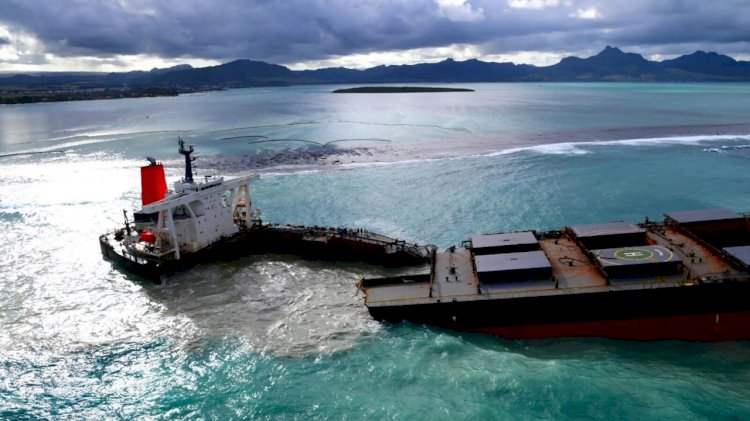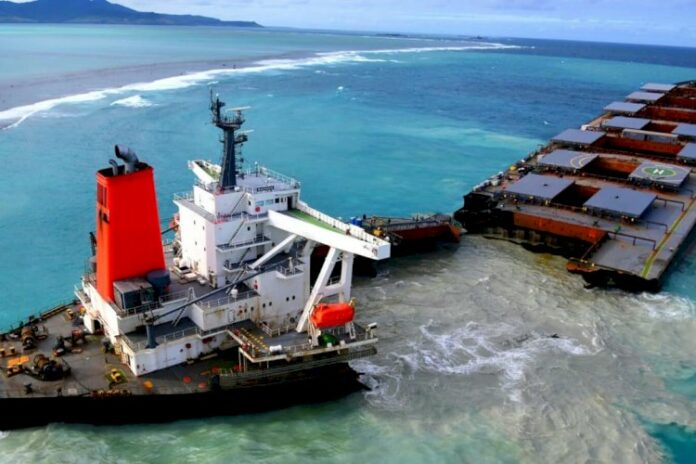Often close to world shipping lanes, small island and coastal nations are at particular risk from oil spills. Reliant on the marine environment and its biodiversity for tourism, fishing and aquaculture, islanders face an existential threat when oil spills happen in their waters. This is why the environmental crisis unfolding in Mauritius is of grave concern.
It also brings into focus the international legal framework in place to provide support when ship-source environmental disasters strike.
The seas and their use are governed by several international conventions. But some are not ratified by all countries that might benefit, and others are yet to enter into force.
This creates murky waters when oil spills happen, as not all parties have the same liability and compensation recourse, depending on which kinds of ships are responsible for the pollution and whether they have signed up to existing conventions.
Shamika N. Sirimanne, UNCTAD’s technology and logistics director, said:
“There’s a need for universal participation in the existing international legal framework, where all nations are party to agreements, so when incidents like this occur, vulnerable countries are protected.”
She said such oil spills herald negative environmental and socio-economic consequences for developing countries, especially small island developing states (SIDS).

Ms. Sirimanne added:
“Sustainable Development Goal 14 calls on us to protect life below water and this means minimizing pollution at every possible turn, including putting all necessary precautions in place to manage environmental disasters when they do happen.”
Different kinds of ships are subject to different international legal conventions.
The challenge in the Mauritius case is that the legislation that would provide higher compensation to the island nation does not apply, because the ship which ran aground is from a bulk carrier, not an oil tanker.
Oil tanker pollution is governed by a different convention to that of bulk carriers, which is covered by the International Convention on Civil Liability for Bunker Oil Pollution Damage (Bunkers Convention).
It provides for a lower financial cap on liability, dependent on ship size or gross tonnage.
In the case of the MV Wakashio (101.932GT), the maximum compensation for economic losses and costs of reinstatement of the environment would be about $65.17 million.
If it were an oil tanker, the applicable International Oil Pollution Compensation Funds regime could have provided compensation of up to $286 million.
This is more than four times the Bunkers Convention provision and for Mauritius, could mean less financial aid to restore the environment and economic activity in the wake of the spill.
Source: UNCTAD



